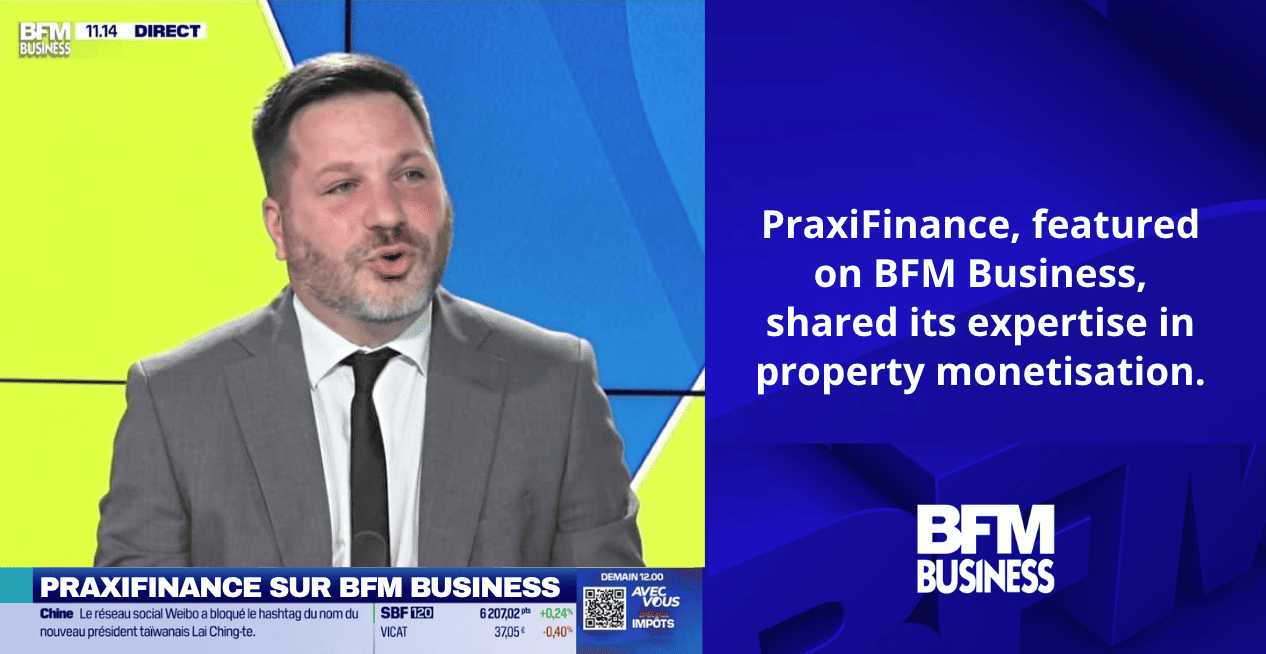Homeowners comparing funding routes in France often confuse two legal operations that have little in common. Equity release converts part of your property’s value into cash — no sale, no standard monthly repayment — while a remortgage replaces an existing loan with a new one to improve terms. Knowing which path fits your objectives is key to building the right structure from the start. For a full overview of the notarial framework that secures these operations, see equity release in France.
What equity release means in France
In France, equity release is a notary-supervised transaction that lets an owner unlock liquidity from a property already owned outright or with little debt. Ownership stays in your name; the property simply serves as collateral recorded in the land registry.
There are three regulated formats under French law:
– the lifetime mortgage in France for seniors 60 + who prefer no repayments,
– the mortgage-backed loan in France for entrepreneurs and active owners seeking structured liquidity,
– and the sale with deferred price simulator for those needing immediate cash ahead of a pending sale.
Good to know : Every equity-release contract is authenticated by a notary who verifies title, registers security and releases funds through escrow. This guarantees compliance and consumer protection — a pillar of safe equity release in France.
What a remortgage is
A remortgage means taking out a new mortgage to replace an existing one. The aim is usually to reduce interest cost, extend the term or add borrowing capacity. You remain owner of the property, but unlike equity release, monthly repayments continue.
Typical forms include simple refinancing with the same bank, external loan buy-back from another lender, or a top-up secured on the same asset. Remortgaging suits borrowers who still have a mortgage and wish to optimise its conditions, not create new equity.
Key differences between the two
While both involve property as collateral, their logic diverges: equity release is about turning wealth into liquidity; remortgage is about managing existing debt.
Common mistake : many owners think a remortgage can replace a lifetime mortgage. It cannot; French law treats them as distinct frameworks.
Practical examples
Example 1 – Retiree in Nice
Owns an €800 000 villa debt-free; needs €200 000 for renovation and family help. → A lifetime mortgage in France releases cash in ≈ 8 weeks, no repayments, interest capitalised.
Example 2 – Entrepreneur in Bordeaux
€600 000 property with €250 000 loan; wants lower rate and €50 000 extra liquidity. → A remortgage with a new lender refinances the old loan and adds funds; repayments continue monthly.
Example 3 – Couple in Lyon
€700 000 home; need €300 000 fast to settle tax. → A sale with deferred price simulator illustrates how a temporary sale delivers instant liquidity before final resale.
Tax and inheritance distinctions
- Equity release proceeds are loans, not income; they are tax-free.
- Remortgage cash is also tax-neutral if used for property or debt purposes.
- A notary is involved whenever a mortgage is registered or renewed; standard stamp duties apply.
For inheritance, equity release loans are cleared at death from sale proceeds and the surplus goes to heirs. In a remortgage, the outstanding balance remains a regular bank debt within the estate. Legal details are summarised on equity-release regulations in France.
Choosing between the two
Key takeaway : Ask yourself four questions before deciding.
- Do you already have a mortgage to improve? → Remortgage.
- Do you own outright and need cash? → Equity release.
- Do you prefer no monthly repayments? → Equity release.
- Do you want lower interest on existing debt? → Remortgage.
PraxiFinance analyses each case objectively and models both routes so clients see the long-term impact on equity and cash-flow.

Safety and process
Both paths require due diligence and legal control. With PraxiFinance:
- Initial consultation and eligibility check within 48 hours.
- Independent valuation and loan modeling.
- Drafting of notarial or banking deed.
- Signature and fund release (6–10 weeks average).
Each file is handled by specialists experienced in cross-border compliance, ensuring bilingual contracts and clear tax treatment.
Why PraxiFinance
PraxiFinance is independent from banks and has structured over 3 000 property-backed operations since 1990. We work nationwide with French notaries and institutional partners to deliver secure, transparent financing for residents and expatriates.
- 35 years of experience.
- Full notarial supervision on every file.
- Fixed fees and clear interest quotes.
- Bilingual support from Paris and Nice.
FAQ – Equity Release vs Remortgage France
Is equity release the same as remortgaging?
No. Equity release unlocks cash from your property; remortgaging replaces an existing loan.
Can foreign owners remortgage in France?
Yes, if they own property and meet income criteria.
Which is safer?
Both are safe when performed before a notary; equity release offers greater flexibility for retirees.
Can I use equity release to repay my mortgage?
Yes, if LTV permits; PraxiFinance structures the transaction with the notary.
How long does each process take?
Equity release ≈ 8–10 weeks; remortgage ≈ 6–8 weeks depending on lender.



.png)


.svg)






